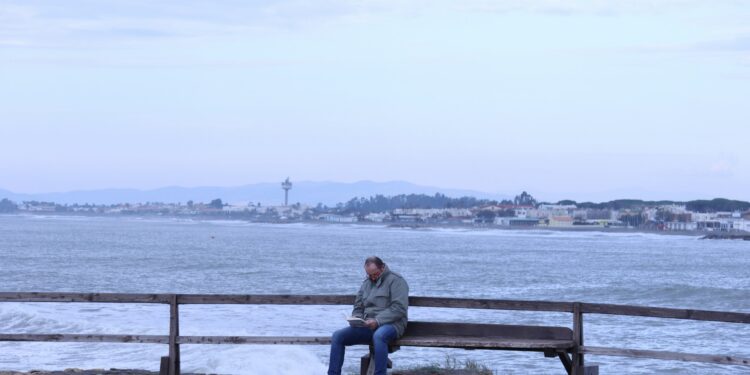Many are feeling very alone.
Loneliness has long been seen as a serious issue for older adults, with concerns that isolation in later life can lead to increased risks of dementia, physical health issues, mental health disorders, and premature death. However, new research suggests this concern might be misplaced—at least in the United States.
A recent study published in Aging and Mental Health found that Americans in midlife actually report higher levels of loneliness than seniors. Among the 29 countries included in the study, only the Netherlands showed a similar trend.
Lead author Robin Richardson, a social and psychiatric epidemiologist at Emory University’s Rollins School of Public Health, explained in a statement that while it’s commonly assumed loneliness increases with age, the reverse appears to be true in the U.S. “Middle-aged adults are facing significant loneliness, yet they’ve been largely overlooked in public health efforts,” she said. Much of the focus has historically been on older adults and teens, she added.
The research analyzed data from surveys conducted across Europe, North America, and the Middle East, all of which included a three-item loneliness scale developed by UCLA. The findings showed that while loneliness tends to rise with age in many countries — especially in Eastern Europe — the U.S. bucks that trend. In America, those in their 50s and early 60s reported higher levels of loneliness compared to older populations.
Factors such as being single, unemployed, experiencing depression, or facing health challenges contributed to these feelings of loneliness globally. In the U.S., unemployment stood out as the strongest predictor of loneliness among middle-aged adults.
Interestingly, about 20% of reported loneliness couldn’t be attributed to the variables the researchers examined. This unexplained loneliness was most prevalent among middle-aged individuals. The researchers speculated that people in this age group often face the dual burden of working full-time while also caring for both children and aging parents, which leaves them little time to engage in social activities. These pressures may be exacerbated in the U.S. by limited social safety nets and high care costs.
Senior author Esteban Calvo, dean of social sciences and arts at Universidad Mayor in Chile, emphasized that loneliness is not solely a concern for older populations. “Middle-aged adults are navigating a complex mix of responsibilities and isolation,” he said. “They need the same level of attention and support as other vulnerable groups.”
Calvo advocated for broadening depression screenings to include midlife adults, offering stronger support systems for those who are unemployed or living alone, and tailoring solutions to reflect cultural and national differences. “There’s no universal fix,” he concluded, “but we must act globally with local context in mind.”

































Discussion about this post